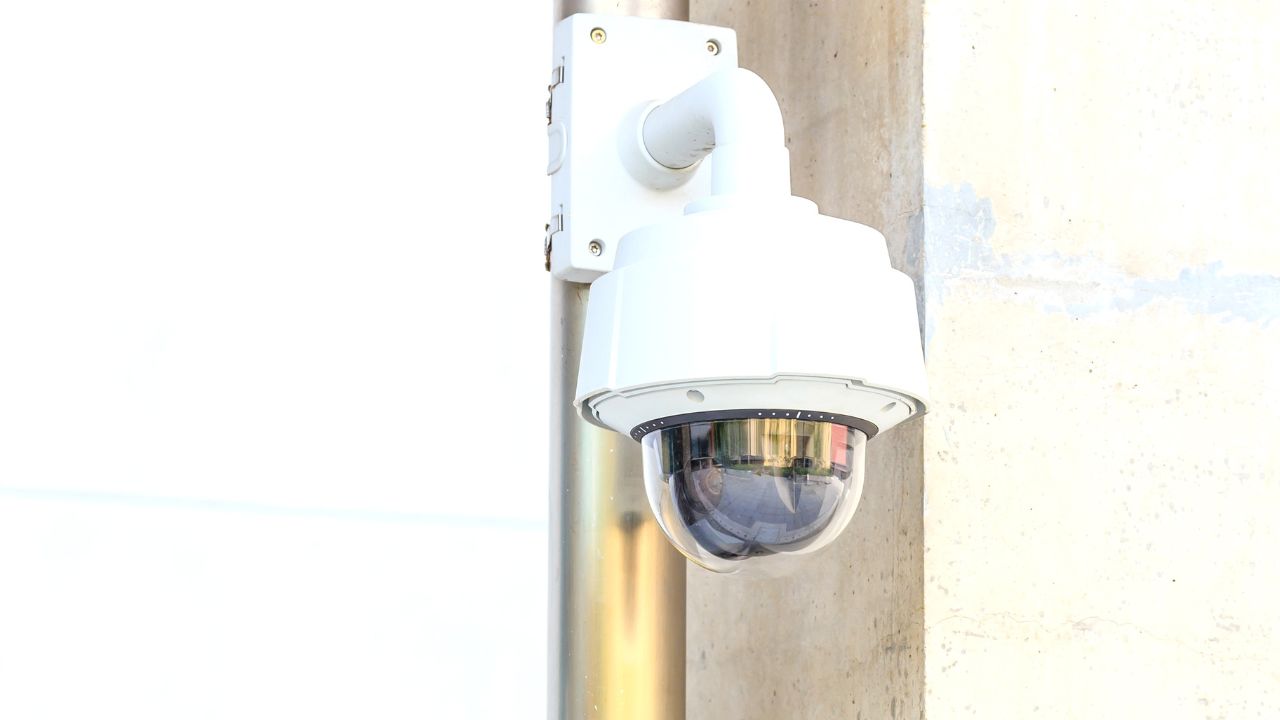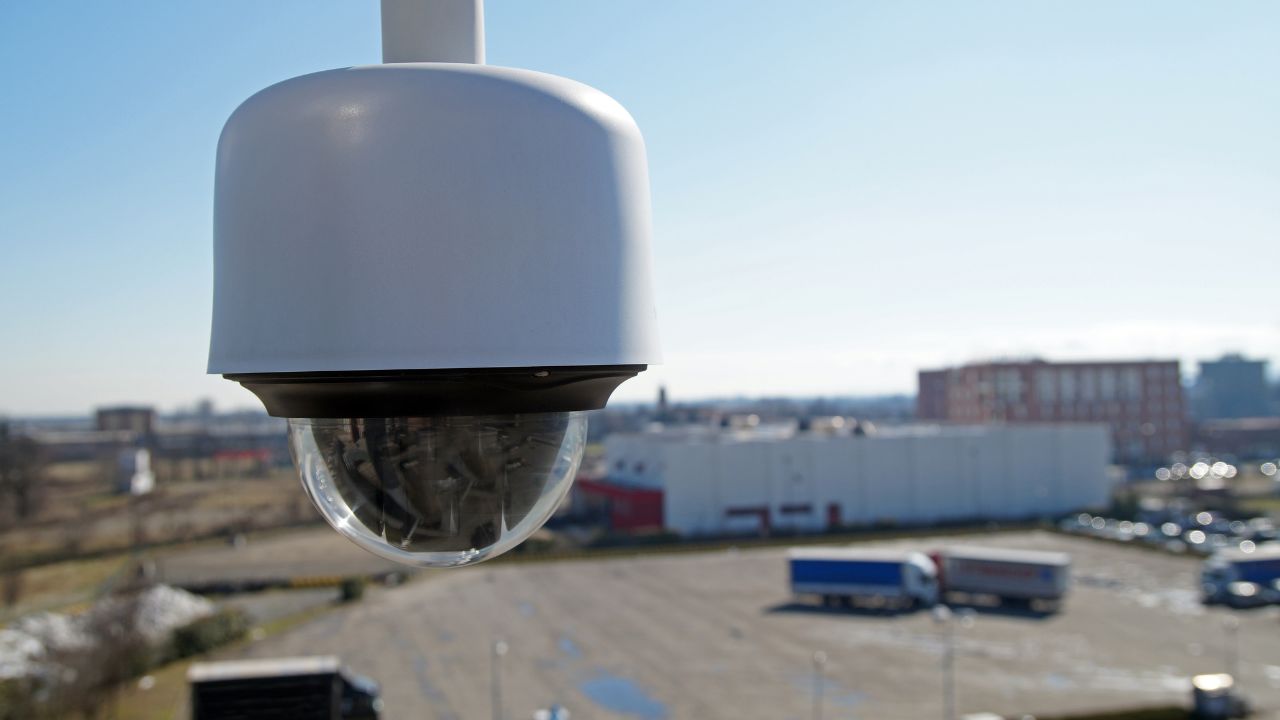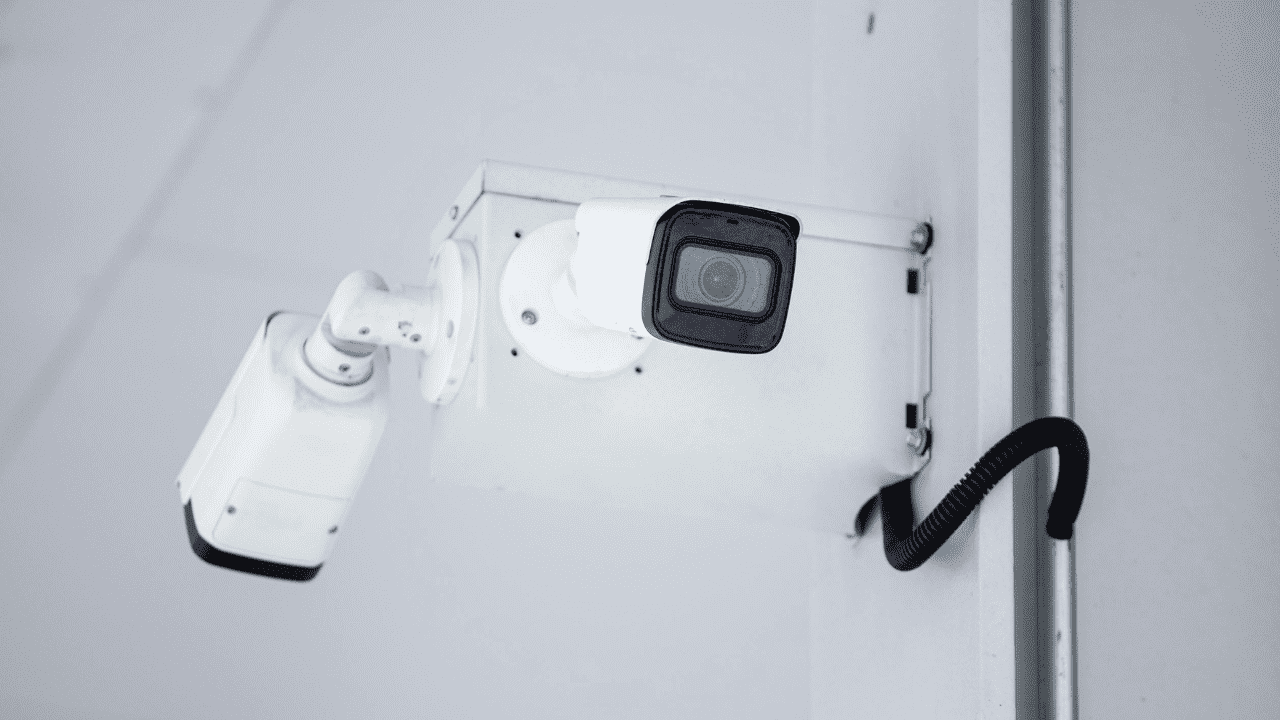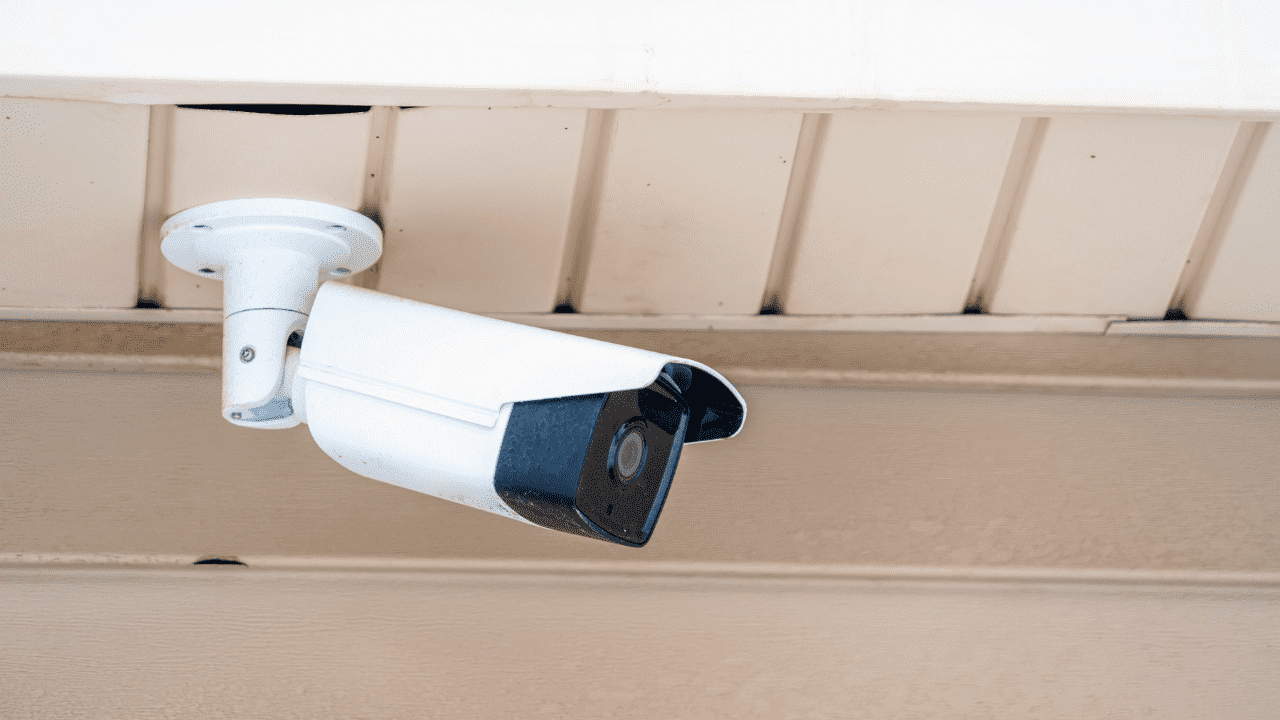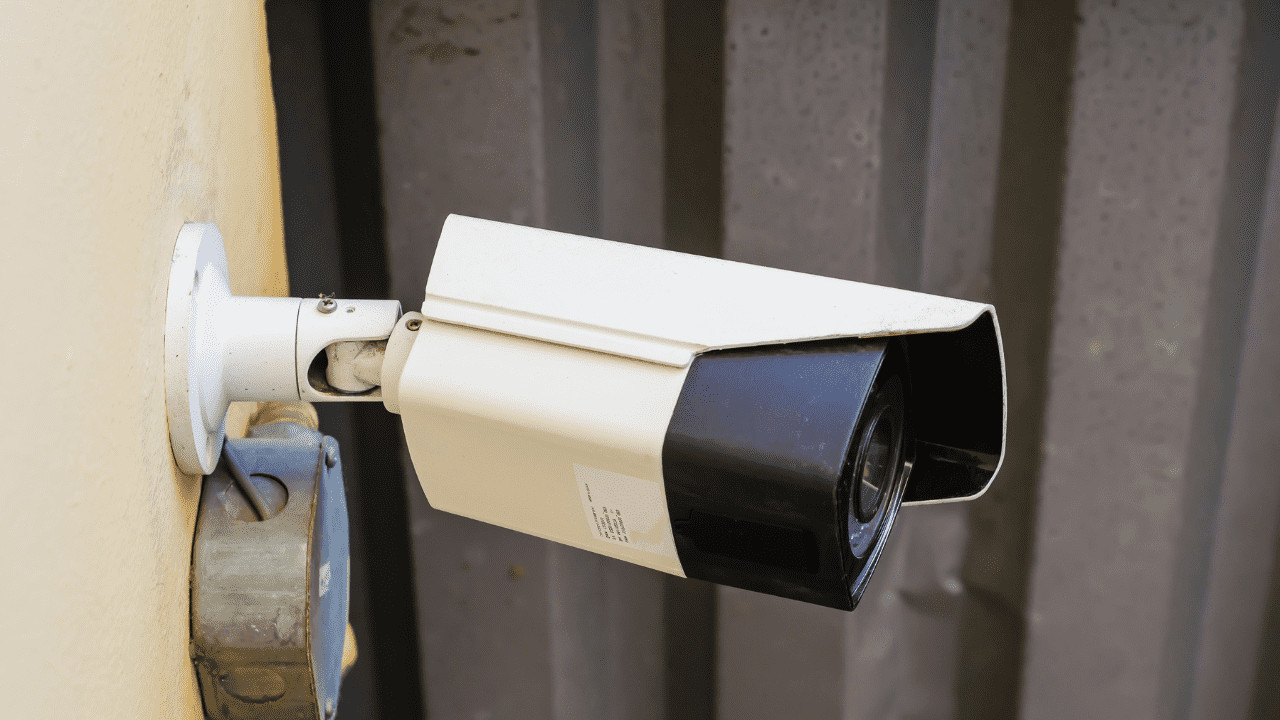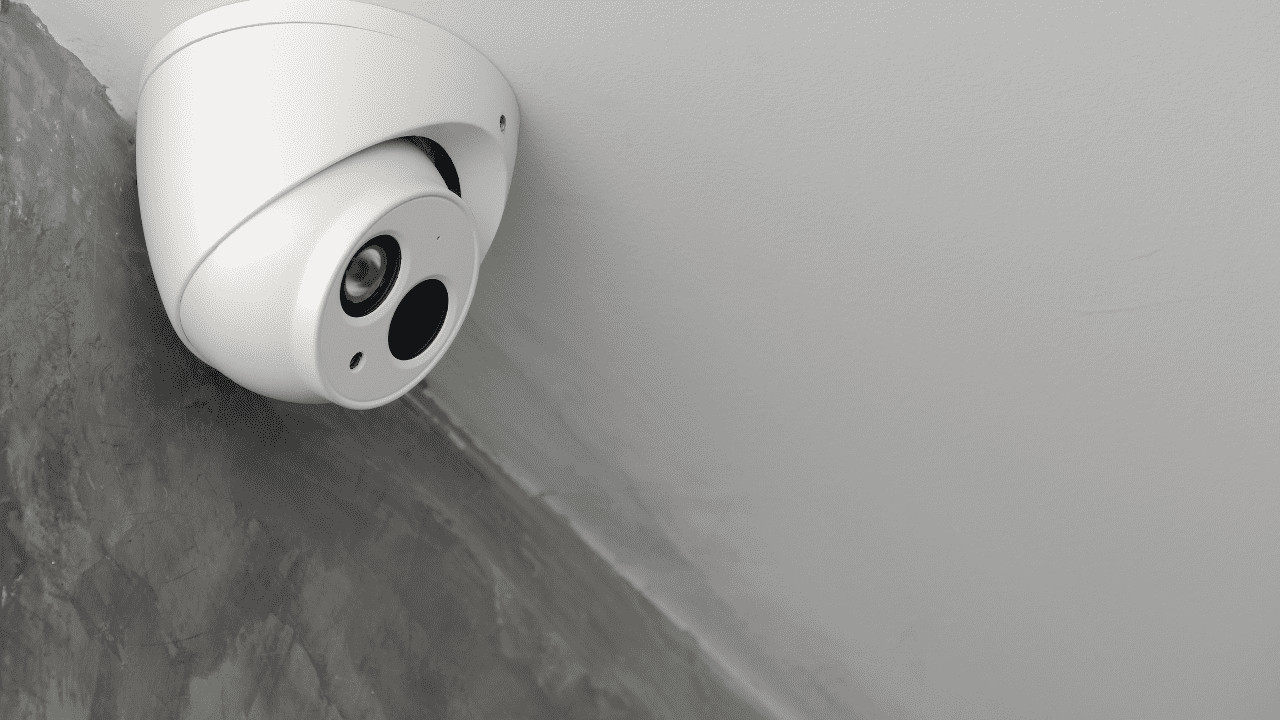Introduction
In the age of digital surveillance, the use of security cameras has become ubiquitous across various sectors, from law enforcement to private businesses. While these devices offer numerous benefits in terms of safety and security, they also raise significant privacy concerns. This blog post aims to explore the legal requirements for the use of surveillance cameras in different countries and regions, and provide insights on how to ensure compliance with these regulations.
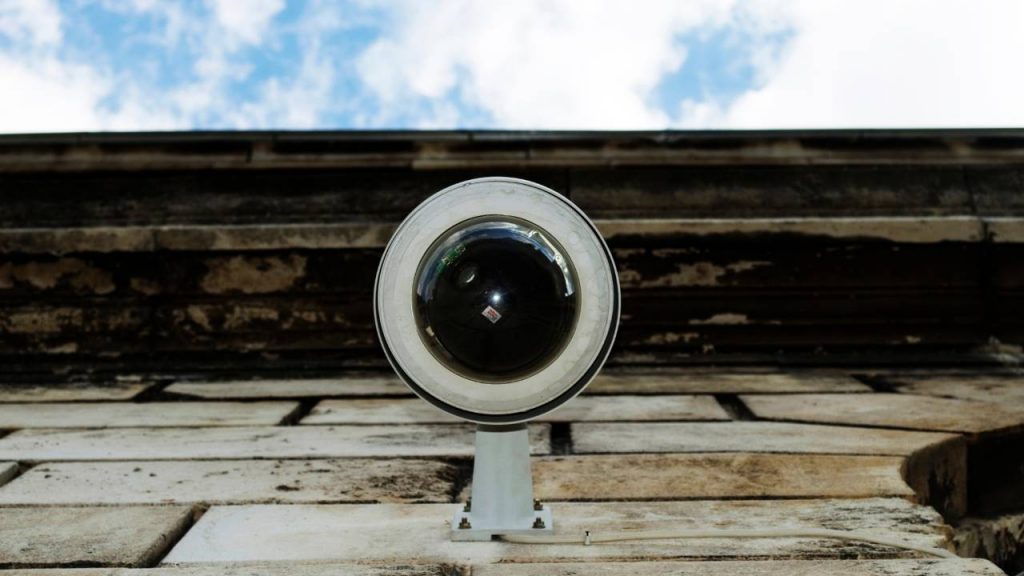
Europe: General Data Protection Regulation (GDPR)
In the European Union, the General Data Protection Regulation (GDPR) sets the standard for data protection and privacy. When it comes to network surveillance cameras, GDPR requires that:
- There must be a lawful basis for processing personal data, such as consent, contract fulfillment, or legitimate interests.
- Clear and specific consent must be obtained from individuals if their images are being captured.
- Data subjects have the right to access, rectify, and erase their personal data.
- Organizations must implement appropriate technical and organizational measures to protect data from unauthorized access or disclosure.
United States: Varied State Laws
In the United States, regulations regarding video security cameras are not uniform across the country. Instead, laws are determined at the state level, leading to a patchwork of regulations. Generally, the following principles apply:
- Video surveillance in public spaces is generally allowed without consent, but recording audio may require consent.
- Private property owners have more leeway in installing cameras, but they must respect the privacy of others.
- Employers must balance the need for security with employee privacy rights, often requiring clear signage and notice to employees.
Asia: Diverse Approaches
Asia presents a diverse landscape when it comes to surveillance camera regulations:
- In China, the use of surveillance CCTV cameras is widespread, and the government has implemented extensive public surveillance systems. However, there are also regulations in place to protect individual privacy rights.
- Japan has strict privacy laws that require clear signage indicating the presence of surveillance cameras and restrict the use of facial recognition technology.
- Singapore has a more relaxed approach, allowing for the use of surveillance cameras in public spaces without significant restrictions.
Middle East: Balancing Security and Privacy
Countries in the Middle East often prioritize security, leading to a more permissive approach to surveillance cameras:
In the United Arab Emirates, for example, security cameras are widely used in public spaces and private establishments to ensure security. However, there are still legal requirements to protect personal data and privacy, including the need for consent in certain situations.
Africa: Emerging Regulations
In many African countries, regulations on surveillance cameras are still emerging:
South Africa has comprehensive privacy laws that govern the use of CCTV IP security camera, including requirements for consent and data protection. Other countries may have less developed regulations, but there is a growing awareness of the need to balance security with privacy rights.
Ensuring Compliance
To ensure compliance with the various legal requirements, organizations should:
- Conduct a thorough legal review of the jurisdiction(s) in which they operate to understand the specific regulations.
- Implement clear policies and procedures for the use of surveillance network cameras, including obtaining necessary consents and providing proper notice.
- Regularly update their practices to reflect changes in the law and technological advancements.
- Train employees on the proper use of surveillance equipment and the importance of respecting privacy rights.
Conclusion
The use of video security cameras is a complex issue that requires a careful balance between security and privacy. By understanding the legal requirements in different regions and taking proactive steps to ensure compliance, organizations can effectively utilize these technologies while respecting the rights of individuals. As the legal landscape continues to evolve, it is essential for organizations to stay informed and adapt their practices accordingly.

